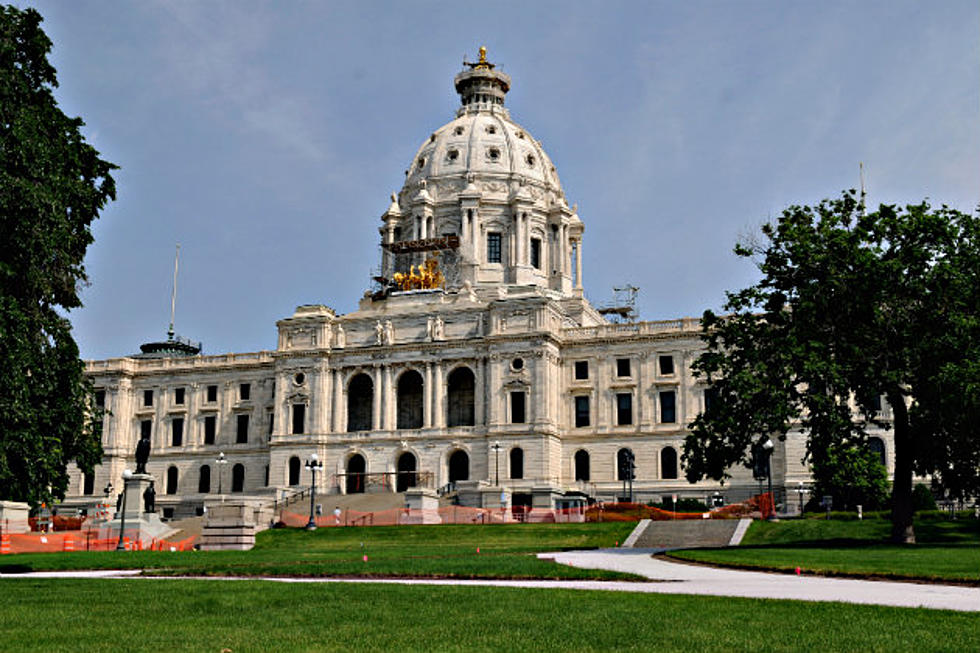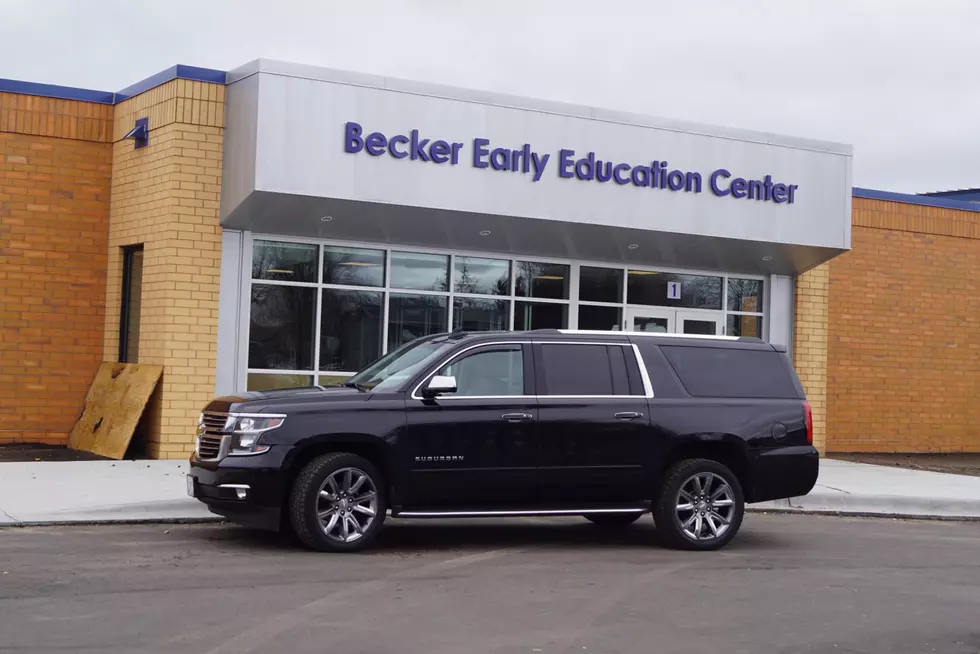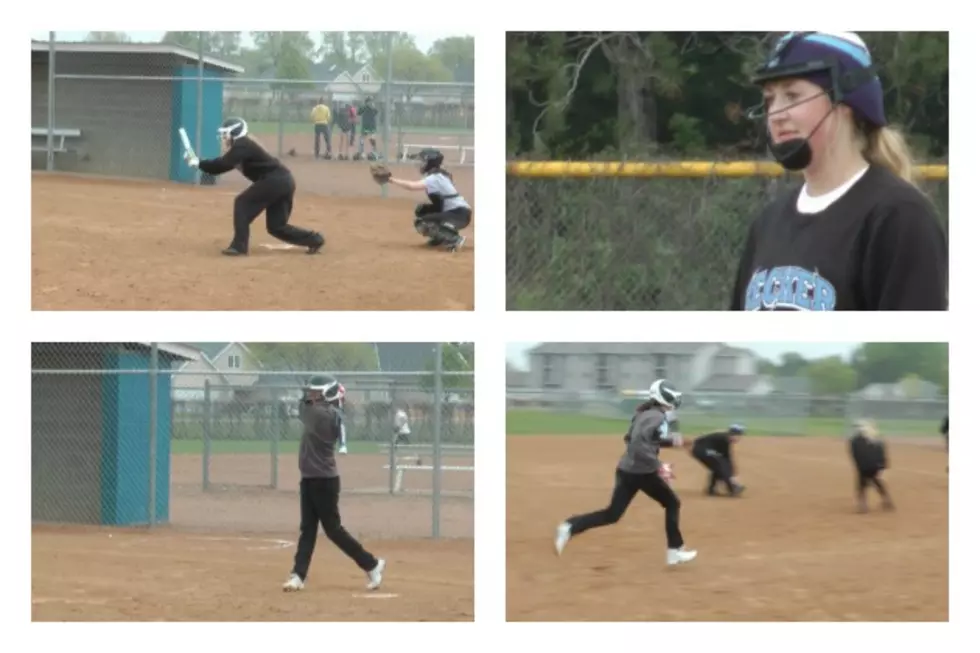
Gun Control Measures Fail As Budget Deal Remains Elusive
ST. PAUL (AP) — Minnesota House and Senate negotiators failed to agree on stronger gun control laws Tuesday, while Gov. Tim Walz and top legislative leaders met once again to try to bridge the deep divisions on taxes and spending that are holding up a budget deal.
The meeting of the conference committee on the main public safety budget bill marked the first time this session that senators had a chance in an official forum to debate a pair of gun control proposals that passed the Democratic-controlled House but didn't get a hearing in the Republican-controlled Senate. Both proposals failed on 5-5 party line votes, meaning they didn't make it into the broader bill.
The proposals would have expanded background checks for firearms transfers and allowed police to obtain "extreme risk protection orders" to temporarily confiscate guns from people judged an imminent threat to themselves or others. Rep. Carlos Mariani, a St. Paul Democrat who co-chairs the conference, said they could be raised again as the panel shapes its final budget bill. But approval appears unlikely because both parties are firmly dug in to their positions.
The other co-chair, Sen. Warren Limmer, who had refused to give the proposals hearings in his judiciary committee, asked for Tuesday's votes. He said he didn't expect gun control issues to go away but that he had a number of problems with both bills.
"There are a number of issues here that deserve a little more scrutiny, a little more process," the Maple Grove Republican said.
Rep. Dave Pinto, the lead author of the proposal to require background checks for most gun sales and transfers, said plenty of exceptions were added as it went through the legislative process to try to address critics' concerns
"We can do more to keep guns out of the hands of people who have proven themselves to be dangerous, and at the same time uphold the rights of those many, many responsible law-abiding gun owners," said Pinto, a St. Paul Democrat who is also a Ramsey County prosecutor.
But the Minnesota Gun Owners Caucus and National Rifle Association argued against the erosion of Second Amendment rights.
"We challenge you guys, instead of pushing for failed, overzealous, overreaching and divisive policies that have broad bipartisan opposition, please work together to focus on things that we can agree on will have a positive impact on public safety, without infringing upon the rights of Minnesota's law-abiding gun owners," said Rob Doar, the caucus' political director.
Meanwhile, the Democratic governor sat down again in private with GOP Senate Majority Leader Paul Gazelka and Democratic House Speaker Melissa Hortman to try to reach agreement on budget targets to guide the various conference committees, which have made only patchy progress so far on crafting the main budget bills of the session.
Gazelka and Hortman said Monday that they needed to reach a deal Wednesday if they were going to give the conference committees enough time to make their tough budget and policy decisions and for staff to finish writing the final bills before Monday's adjournment deadline. But Republican House Minority Leader Kurt Daudt, who was speaker during the last budget-writing session in 2017, said he thought the leaders could set the targets as late as Friday and still leave enough time.
Walz and House Democrats on Monday offered to cut their proposed 20 cent per gallon gasoline tax hike to 16 cents. Senate Republicans offered to spend $100 million more on education and public safety but remained adamant against a gas tax increase or renewing an expiring tax that raises about $700 million annually for health programs. That left the two sides about $1.6 billion apart on a two-year budget that's expected to total somewhere between $48 billion and $50 billion.
More From AM 1240 WJON









